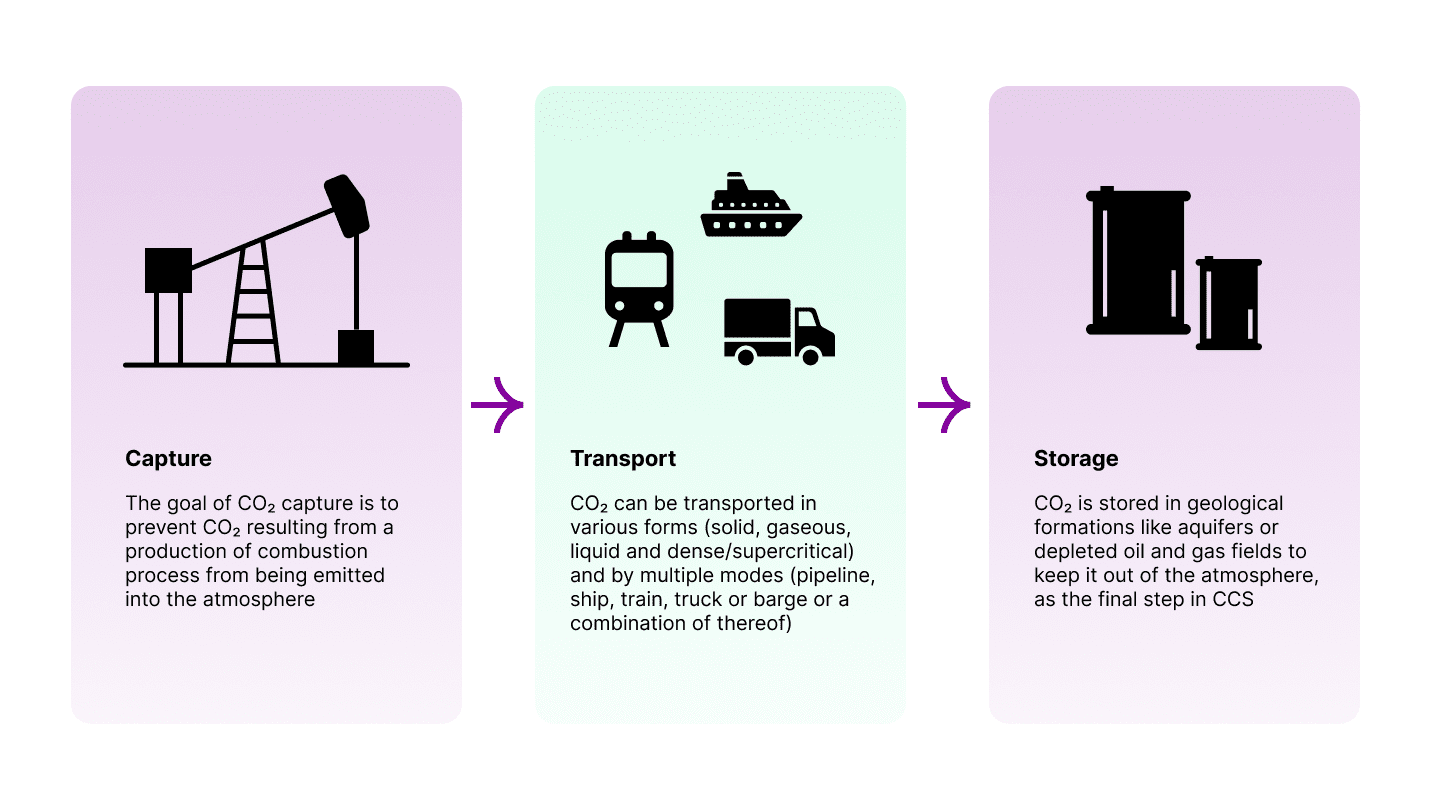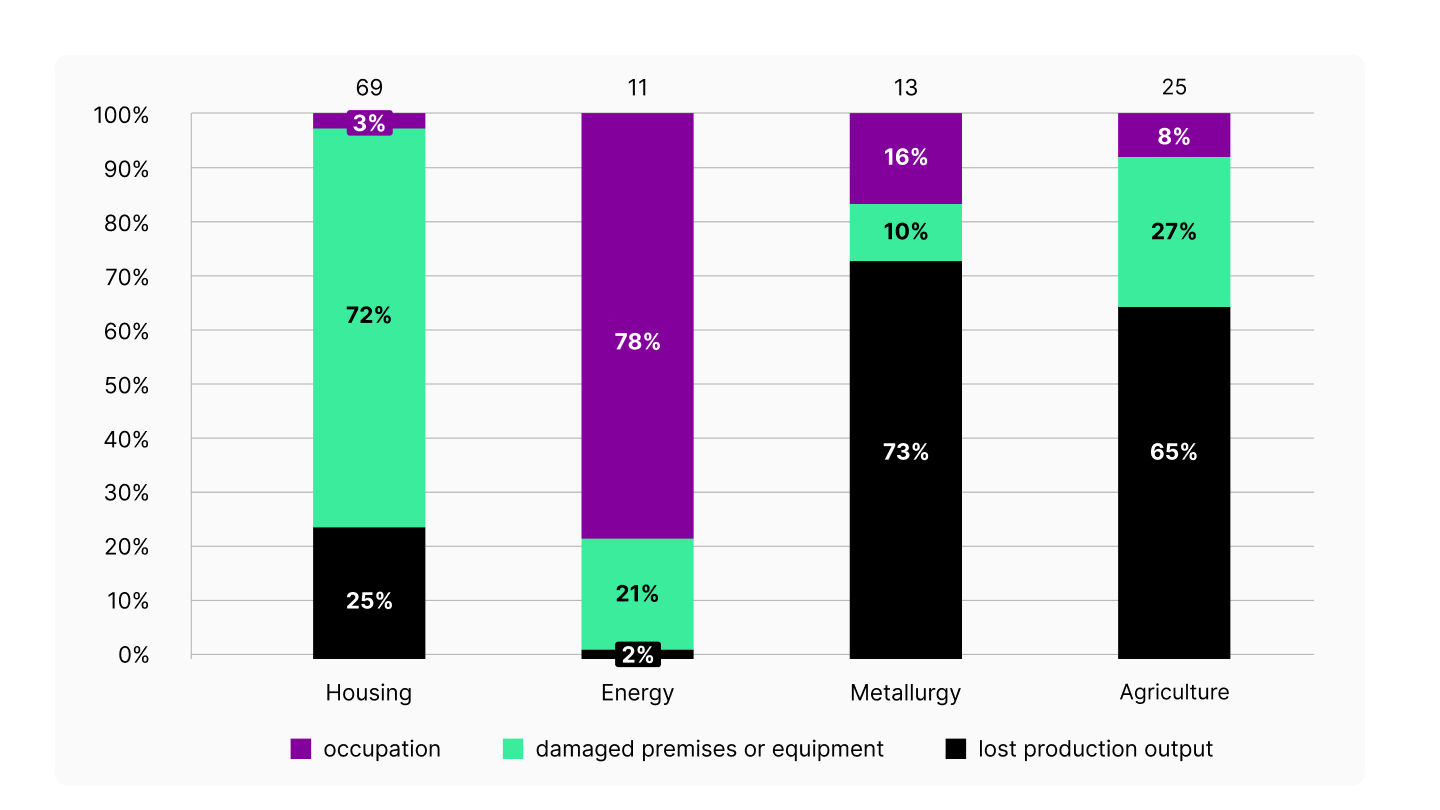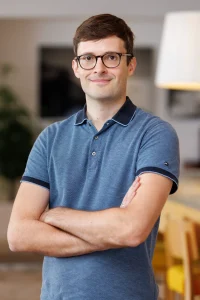Stronger awareness and deeper insight into carbon capture and storage in Central and Eastern Europe

The background
In December 2023, the CCS4CEE project, a collaborative effort funded by Iceland, Liechtenstein, and Norway through the EEA and Norway Grants Fund for Regional Cooperation, achieved a successful conclusion. The project consortium gathered strong regional partners, including Civitta, WiseEuropa, the Energy Policy Group, the Institute for European Integration and the expertise partner Bellona. The project’s goal was to renew the discussion on the long-term carbon capture and storage (CCS) deployment in Central and Eastern Europe (CEE).
The project’s goal was to raise awareness and renew the discussion on this topic in the region, leading to new policies and joint projects. CCS is a process where CO₂ from industrial sources is captured, separated, treated, and transported to a long-term storage location. The topic of CCS is not known very widely. However, it is a crucial technology for reducing carbon emissions, which could help to tackle the ongoing and progressing global warming.
The activities targeted national and local policymakers, research institutions, and civil society during the project. The countries covered were the Baltic States, Ukraine, Poland, the Czech Republic, Slovakia, Hungary, Slovenia, Croatia and Romania.

CCS4CEE analysed the CCS situation nationally and regionally
The CCS4CEE project was implemented in three phases:
- Determination of the starting point: assessment of the current state, potential of technological options, European policy landscape, and national contexts.
- Development of national roadmaps and a regional cooperation roadmap for CCS deployment.
- Supporting implementation of the roadmaps through networking and capacity-building events.
Throughout the project, Civitta was responsible for various activities, including the implementation of analytical tasks in the Baltic States and Ukraine, as well as the organisation of different events within the framework of the project.
In the initial stage, the existing situation was assessed from various perspectives, starting from the nature and volume of CO₂ emissions (focusing on the energy and manufacturing industries) and analysing other aspects throughout the CCS value chain, including transportation and underground storage options in the respective countries. Other factors, such as CO₂ utilisation potential, legislative and policy environment, public perception, and historical experience in this field, were also analysed to understand the situation better.
In addition, the consortium partners organised several meetings, conferences, events, and a study trip to share the knowledge and experience of CCS. For example, at the end of June 2023, the CCS4CEE project hosted a study trip for stakeholders from the region aimed to showcase CCS projects currently under development in Norway, including the Northern Lights CO₂ terminal in the fjords of Bergen and Norcem cement plant in Brevik.
Unexpected impact of war on carbon emissions in Ukraine
Two different analyses were conducted to assess the potential development of CCS in Ukraine. The reason for this was the significant change in the situation caused by the war in Ukraine. One assessment was done before the start of the war, together with other countries. The second one was conducted after the war started, forming the basis for developing Ukraine’s national roadmap.
The assessment shows that the energy-intensive sectors in Ukraine, like power generation, metal production, and the chemical industry, are significant contributors to the country’s GDP and CO₂ emissions. The impact of the Russian invasion significantly impacted the economy of Ukraine – for example, due to the closure of factories, CO₂ emissions significantly decreased. However, while not obvious, the increased use of emission-intensive military vehicles, forest damage, and fires caused by attacks on oil reserves and infrastructure have all led to a notable increase in CO₂ emissions. In addition, severe losses have impacted not only industrial sectors, such as energy, metallurgy, and agriculture, but also housing. The research was also supplemented with an analysis of various recovery scenarios for Ukraine, with a particular focus on the technological applications across industries.
Nevertheless, in the context of post-war recovery, there is a potential for the increased use of renewable energy sources and CCS technologies, which also could play a role in reducing CO₂ emissions and modernising the industry. As before, the economy and industries will need to adjust and use new and energy-efficient technologies to rebuild factories and infrastructure to avoid reliance on external raw material sources. In addition, higher energy prices and demand for emission allowances in the EU market could also lead to more interest in CCS and CCU projects in Ukraine and the region.

Future directions and recommendations for CCS
Civitta is proud to have participated in such a significant project and contribute to potential new projects and initiatives in CCS.
Ervinas Škikūnas, Partner at Civitta on the CCS4CEE project, says:
“In the Baltic states, the conversation volume about CCS in the public media has been low. However, during these last few years, which coincidentally overlap with the CCS4CCE project, the quality of conversation has shifted. Stakeholders, especially from the industry, have proactively developed and shared ideas across the region. Our project made it much easier for stakeholders to come together, in person or online, and discuss CCS-related issues. We advanced the collective thinking about decarbonisation, which, in my opinion, is the biggest success in this project.”

Ervinas Škikūnas
Although momentum is seen in the region, there are still a lot of activities to be implemented to deploy CCS successfully in this region. The key elements were outlined in the national policy roadmaps in each country and the regional policy roadmap. Actions that are evident in the region include:
- Launching CCS-dedicated platforms as one voice of CCS in the country will focus on generating and disseminating knowledge and engaging in advocacy.
- Actively engaging in existing fora and initiatives and building networks to access knowledge and finance.
Valts Ulmanis, Manager at Civitta on the CCS4CEE project:
“The assessment of the existing situation and identification of further steps while involving various stakeholders in different activities throughout the project hopefully will ensure further momentum in this region. Compared to the start of this project, it is encouraging to see that we already have several projects planned in the CEE region, including activities in the Baltic states. However, it is important to note that a lot more work and involvement from some key stakeholders is necessary to move this topic forward.”

Valts Ulmanis
To find out more about the CCS4CEE findings and activities, visit the project website: https://ccs4cee.eu/
The press release was prepared by Civitta and the project is funded by EEA and Norway Grants Fund for Regional Cooperation.
- Including CCS in national decarbonisation strategies and operationalising such strategies by developing enabling regulatory and financial frameworks.
- Setting up fiscal policies to support pilot and demonstration projects.
- Targeting more research and public finance at updating local CO₂ storage potential and establishing national CO₂ storage atlases.
- Developing nuanced communication strategies to increase public awareness and acceptance.